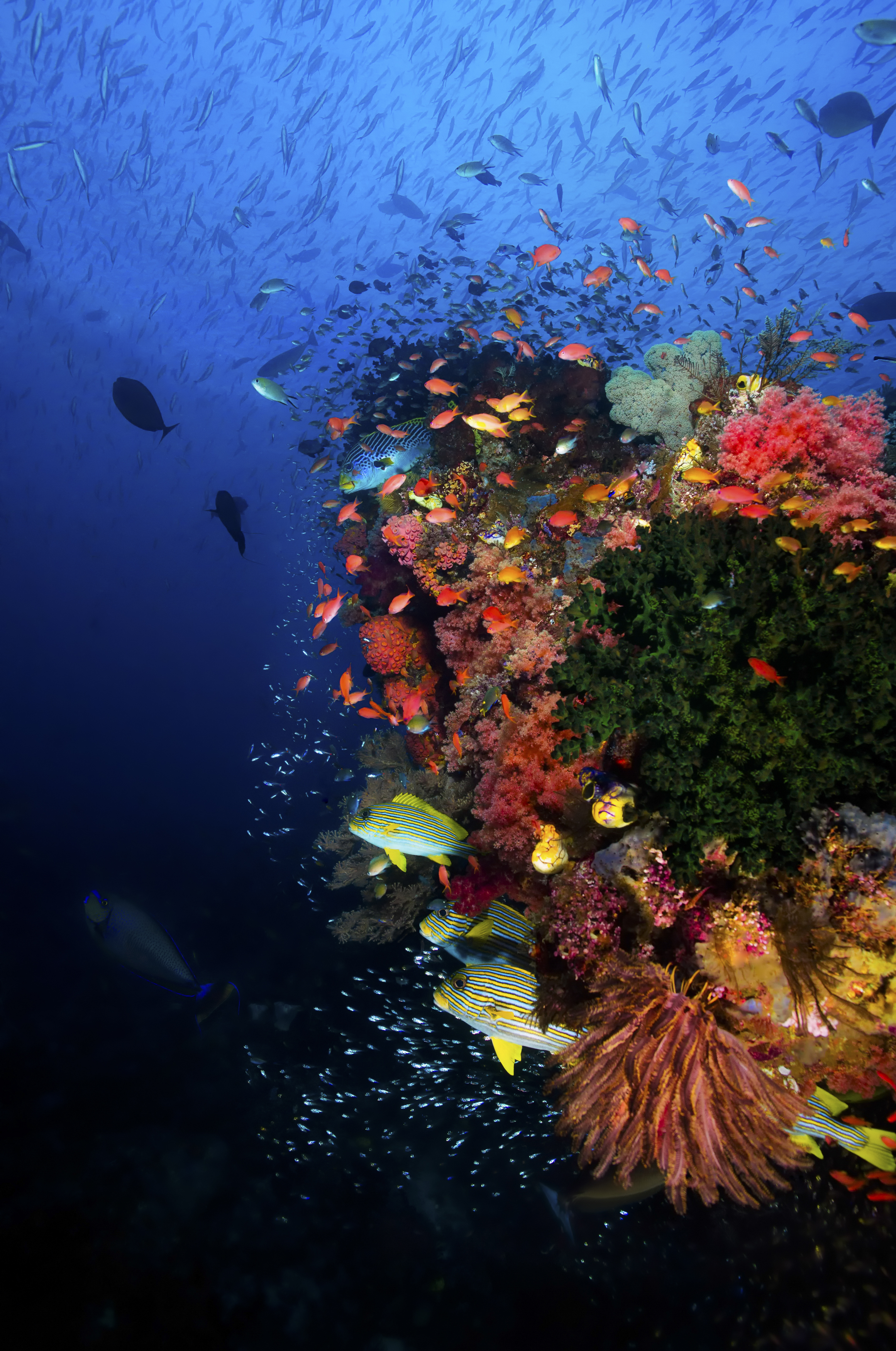Our Expertise
Effects of Human Activities and Pressures
We have extensive expertise on the effects of human activities and pressures on marine and aquatic environments, including the interaction of pressures and their cumulative impact. We use a broad range of techniques from primary field surveys and laboratory analyses, through to spatial data analysis and modelling. Our evidence supports national and regional assessments of human impacts to meet formal regulatory reporting commitments as well as providing cutting-edge research and method development.
Nature Conservation and Recovery
Biodiverse and resilient nature is fundamental to wellbeing and a healthy planet. Our evidence and advice inform action for nature conservation and recovery. Our work uses and develops a range of approaches to evaluate the impact of human activities on nature conservation, identifies opportunities to enable nature recovery, and advises on the outcome of different options to balance nature protection and us.
Ecosystem, Habitat and Species assessment
We apply and develop approaches to assess the state of the environment, from whole ecosystem assessments through to focused assessments of the state of specific species or habitats. We are pioneering flexible whole ecosystem assessments that can integrate spatial datasets, model outputs and qualitative data. At the habitat and species level we apply standardised assessment frameworks, such as IUCN or OSPAR methods, as well as developing innovative approaches.
Marine Spatial Analysis and Evaluation
Understanding the spatial dimension of human activities and ecosystem dynamics is essential to balancing the protection and use of the environment. This is increasingly the case as demands on the ocean increase. Our spatial analysis operates across global, national and local scales. We use remote and in situ data sets, coupled with spatial data analysis and models to identify hotspots for nature, important areas for human uses, and to provide evidence and advice on trade-offs between different spatial management options.
Predicting Ecosystem and Human Responses
We provide evidence to government and managers in support of sustainable management of the environment. A key component of this is predicting the response of ecosystems and human behaviour to management actions. We apply a range of predictive modelling approaches to evaluate how ecosystems and people may respond to management actions to provide evidence to guide the development of targeted, and efficient, management action.
Natural Capital and Ecosystem Service Assessment and Valuation
Recognising that the environment is a source of natural capital that underpins global economic activity, and that the ocean and aquatic environment provide ecosystem services which support societal wellbeing is essential for reconciling protection and use of the ocean. We work to quantify and value natural capital and the ecosystem services that it provides for society.
Deep Sea Science
We have extensive experience working on, and providing advice about, deep-seas environments. This ranges from habitat mapping, biodiversity surveys and developing circulation models to advising on deep-sea fisheries, seabed mining, waste disposal and climate change. We partner with a network of research institutions, universities, inter-governmental agencies and national governments and are well represented in international fora where we advise on pressing national and international management and research challenges.”
Ecosystem Surveys
We conduct high-quality ecosystem surveys stretching from the headwaters of rivers to offshore oceanic environments and stretching from polar regions to the tropics. Our survey staff stuff and data analysts complement field sample and data collection with remote sensed, earth observation and AUV derived data streams. Our field capabilities are backed up by advanced analytical laboratory capability that are certified to international standards.
Marine and Aquatic Ecology
Our extensive research in marine ecology investigates ecological functioning across a range of scales, from understanding the interaction between individual physiological performance and population dynamics, up to big data approaches to ecosystem structure and functioning. We use a broad range of techniques to undertake this work including experimental studies, spatial data analysis, GIS, macroecological and ecosystem modelling.

